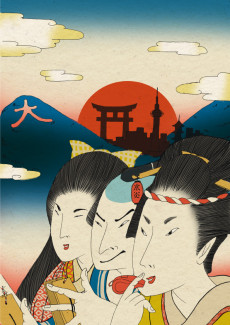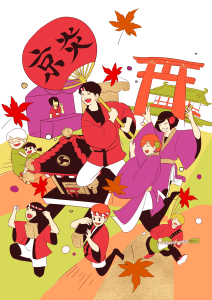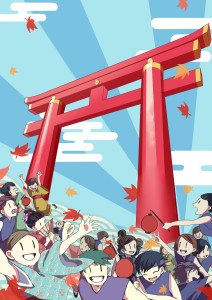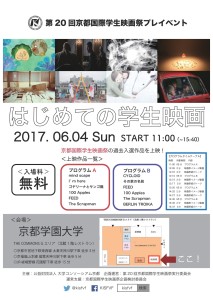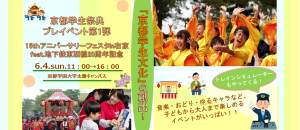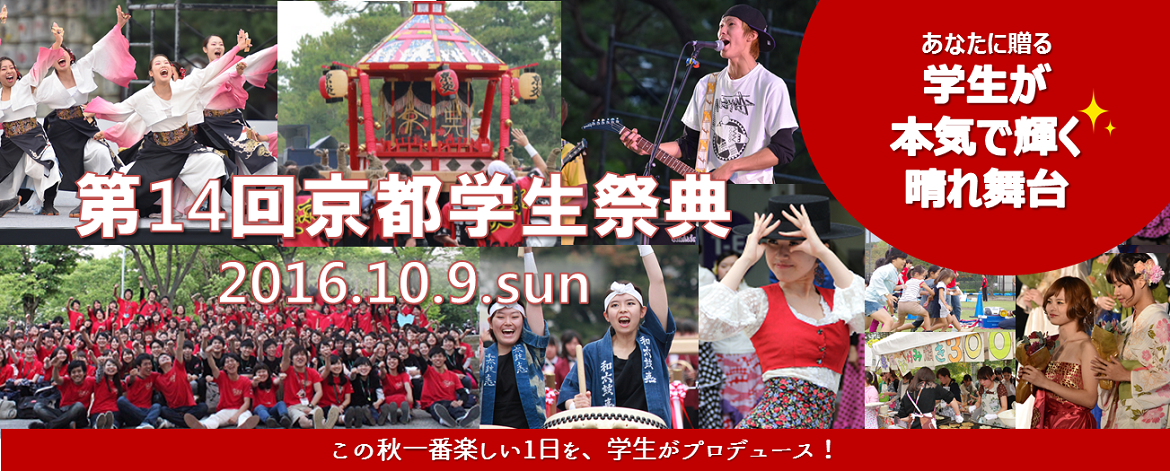| ≪Information on the expiration of capacity and waiting list≫ We had expanded the number of applicants from the originally planned 150 to 200, but since the number of applications has reached the capacity, we have closed the application. We apologize for any inconvenience we may have received from those who have been considering applying, and thank you for your patience. * Although there are a few people, we are accepting waiting lists until July 21 (Friday). * For those who have registered on the waiting list but were unable to prepare a seat, we will send you handouts on the day of the event after the forum. |
The University Consortium Kyoto will hold the “Educational IR Forum” in collaboration with Liasec Co., Ltd.
In this forum, Mr. Kiyogo Oki, who serves as the head of the Waseda University Entrance Examination Development Office and is also a member of the working group of the Ministry of Education, Culture, Sports, Science and Technology’s High School-University Connection Reform, talked about the importance of self-improvement of university education through data and entrance examination policies. You will introduce your efforts to improve education until you actually change your classes and education. We aim to be a place that contributes to the acceleration of reforms at universities in the Kyoto area and surrounding areas, and to the further spread and establishment of educational IR at universities in the future.
Due to the organizer’s mismanagement, there was an error in the name of the speaker at Kyoto Tachibana University in the case study presentation announced earlier.
We would like to express our deepest apologies to the people involved at Kyoto Tachibana University and to all those involved.(2017.7.6)
2017 Educational IR Forum
A transformative university! Changing education and classes from “visualization of learning outcomes”
~Toward the Implementation of Reform Based on Educational Data and IR Analysis~
Date & Time: Sunday, July 30, 2017 14:00~17:30 (Doors open at 13:30)
Venue: Campus Plaza Kyoto, 5th floor, Lecture Room 1
Capacity: 150 → 200 (first-come, first-served basis) * Due to popular demand, the capacity has been expanded.
Admission: Free
Eligibility: Faculty and staff of universities, junior colleges, vocational schools, etc.
* In particular, those who are involved in educational reform, FD / educational development, IR / inspection and evaluation, career education, university management, etc.
Organizers: Liasec Co., Ltd., University Consortium Kyoto
The program includes:
| base key Lecture perform |
Trends in the reform of the connection between high school and university and the quality assurance of education expected of universities ~Status of Consideration of the “Academic Ability Assessment Test for University Applicants (Tentative Name)” and Educational Improvement Based on Student Survey Data~ Director of the Admissions Development Office, Waseda University / Professor Seigo Oki, Faculty of Letters |
|
| Case Study Presentations | Orient large knowledge |
Toyo University’s Challenge to Revitalize University Education ~What we have seen as a result of IR’s university-wide efforts~ Satoshi Matsubara, Vice President of Toyo University / Professor , Faculty of Economics |
| Kyoto Tachibana University knowledge |
Reform of education in the Faculty of Letters to foster basic skills ~Utilization of Academic Behavior Surveys, Assessments, and Student Interviews~ Kyoko Matsuura, Dean and Professor, Faculty of Letters, Kyoto Tachibana University * Due to the organizer’s mismanagement, the speakers have been changed from advance guidance. |
|
How to apply (first-come, first-served basis)
●WEB application: Please apply from the application site (external link)
![]()
●Fax application: Please apply using the application form on the flyer
Inquiries about the Educational IR Forum
Liasec Corporation
TEL 03-6823-6138














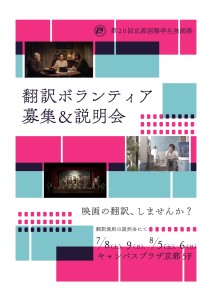
![s-2011070322545017903[1]](https://www.consortium.or.jp/wp-content/uploads/kif/20102/s-20110703225450179031.jpg)
